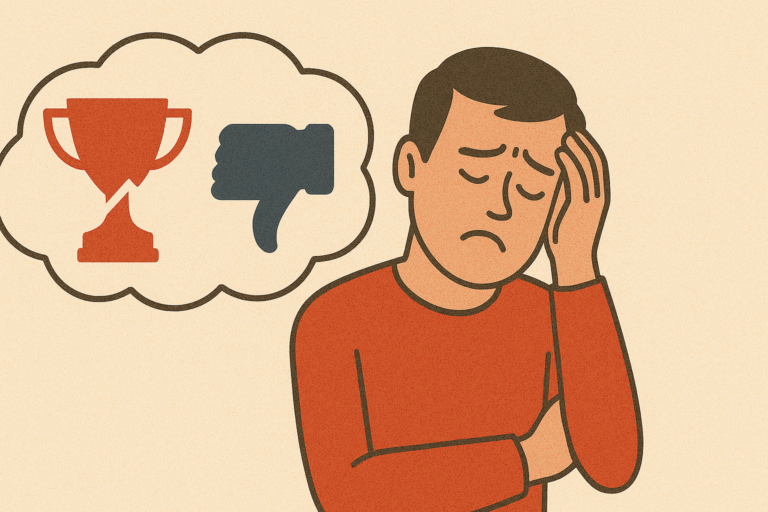Be the Advocate
Great ideas alone don’t cause progress; it is the spreading of those ideas that does. — (Teeny & Petty, 2017)
A couple years ago, I wrote a post about my Master’s Thesis; now, however, that work has been accepted for publication in a peer-reviewed psychology journal.
Cue the confetti, balloons, and dancing elephant!
Since I started graduate school, I have wanted to study when and why people try to convince you of their beliefs. I have never been much for “proselytizing” myself, and so I was curious what could drive people to do so themselves. So today, I will present you with two studies about when and why people engage in advocacy.
WEAK > STRONG

Researchers constructed a hypothetical town hall scenario, where participants listened to a discussion on a new town policy (i.e., making school lunches necessarily vegetarian). Importantly, participants mostly agreed with this stance outright; however, they nonetheless listened to other town members generate arguments in line with the participants’ stance.
Notably, the arguments these other people generated were either weak or strong arguments.
Surprisingly, the researchers found that when participants heard weak (vs. strong) arguments, it actually created more support for the policy. That is, upon hearing weak arguments, these participants rushed in to lend their own advocacy for the topic. In other words, hearing weak arguments for a position you already support can motivate you to support it even more!
But what if you’re trying to rally support from people who don’t agree with your stance?
FIXED ATTITUDES

For example, you may believe that people’s (yours as well as others’) attitudes toward abortion are very unchangeable. In which case, you’d have a fixed mindset toward this attitude topic. In which case, would you ever engage in advocacy on behalf of your stance?
Well, it depends on who you’re focusing on.
If you focus on the other person’s attitude, you’re right, having a fixed mindset toward the topic de-motivates you from engaging in advocacy. However, if you focus on how your own attitude is unchangeable on this topic, it motivates you to engage in advocacy. That is, you’re very confident of your attitude, and as such believe it’s almost your “duty” to convince others about it.
What’s even more interesting is that researchers find the exact opposite pattern when participants have growth (or changeable) mindsets: focus on someone else’s attitude, and you’ll be more likely to engage in advocacy; focus on your own attitude, though, and you’re less confident your particular attitude is the right one to have.
And both of today’s points are very important for a real life issue alive today: saving net neutrality.
ADVOCATING AGAINST CABLE COMPANIES

Tomorrow (12/14), the FCC, led by Ajit Pai, will vote to kill the laws protecting us from the cable companies. If you’re unsure what they are and why they’re so important, please check out my previous post on the topic or the infographic below. However, if you already support net neutrality, let me give a few more arguments why you should call your congressman TODAY:
- The guy leading the attack on net neutrality brags about the size of his coffee mug
- Eliminating the current net neutrality laws will require effort from politicians
- I’ve already listed two arguments so you know it’s legit
Oh what? You thought those were weak arguments? Well you better go out and call your congressman to correct me, then! And when you do, focus on your own hardened commitment to net neutrality and the fact that these politicians don’t really understand the bill, meaning their attitudes on it are very changeable.
Advocacy,
jdt
Everyday Psychology: Below, I was contacted by fellow internet freedom advocates, and they provided me with this great infographic below, explaining the importance of net neutrality and what you can do to support it. Check it out!
Akhtar, O., Paunesku, D., & Tormala, Z. L. (2013). Weak> strong: The ironic effect of argument strength on supportive advocacy. Personality and Social Psychology Bulletin, 39(9), 1214-1226.
Akhtar, O., & Wheeler, S. C. (2016). Belief in the immutability of attitudes both increases and decreases advocacy. Journal of personality and social psychology, 111(4), 475-492.
[source: https://www.vpnmentor.com/blog/save-date-save-net-neutrality/]








